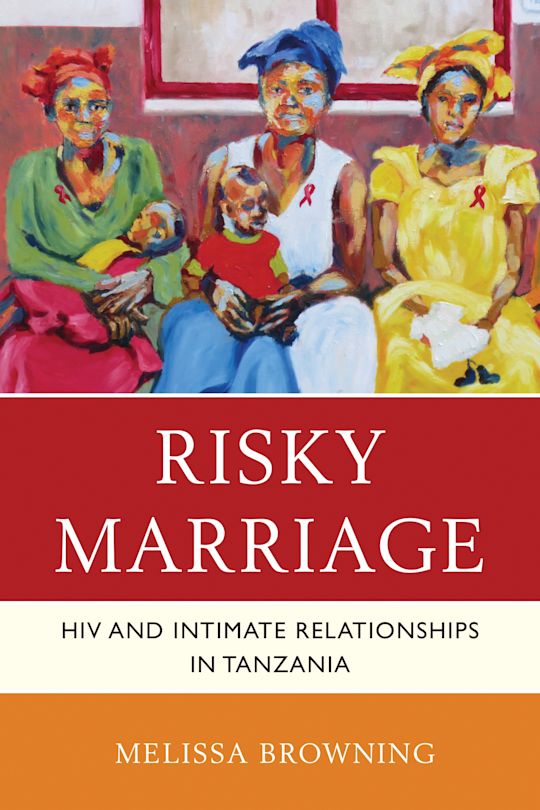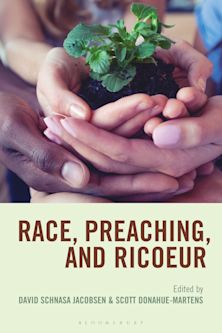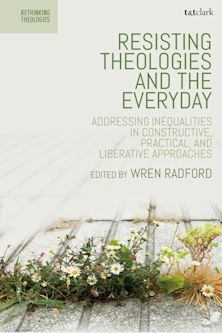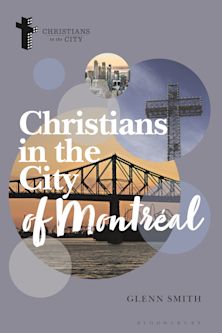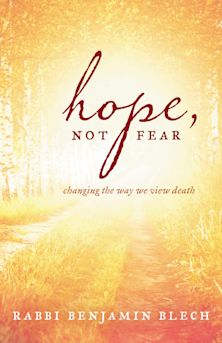- Home
- ACADEMIC
- Theology
- Theology and Society
- Risky Marriage
This product is usually dispatched within 2-4 weeks
- Delivery and returns info
-
Flat rate of $10.00 for shipping anywhere in Australia
You must sign in to add this item to your wishlist. Please sign in or create an account
Description
Given that women and girls carry the heaviest burdens of the African HIV pandemic, their lived experiences should be the starting point for any pedagogy of prevention. In light of this claim, Risky Marriage: HIV and Intimate Relationships in Tanzania uses qualitative fieldwork with HIV positive women living in Mwanza, Tanzania to ask why marriage is an HIV risk factor. By beginning with women’s experience as a hermeneutical lens, this book seeks to establish a creative space where African women can imagine new alternatives to HIV prevention that would promote human flourishing and abundant life in African communities. The aim of this book is to listen faithfully to the lived experiences of HIV positive women and ask how their experiences can help us re-imagine Christian conceptions of marriage, sexual ethics, and health in an HIV positive world. By drawing on the unwritten texts of women’s lives, this study proposes alternative pedagogies for faith-based prevention methods and contributes to the wider interdisciplinary and theo-ethical discourse on HIV prevention and women’s health. At the same time, it makes local impact of equal importance as women in East African communities are invited to think creatively about ways to end the HIV pandemic.
For more information and comments from the author, watch a trailer for the book here: http://vimeo.com/semafilms/riskymarriage
Table of Contents
Chapter 1: “It’s Better to be Single”: Thinking About Marriage in the Midst of a Pandemic
Chapter 2: Why Africa? Forces Behind the Sub-Saharan African HIV and AIDS Pandemic
Chapter 3: “Let’s Talk about Trust, Baby”: HIV/AIDS Vulnerabilities and Intimate Relationships
Chapter 4: Agency, Risk, and Relationality: An Intercultural Dialogue on Women and Self-Sacrifice
Chapter 5: Marriage and Women’s Bodies: The Boundaries of Self and Conceptions of Love
Chapter 6: HIV and AIDS as Communal Dis-Ease: Cultural and Religious Interpretations of Stigma
Chapter 7: Learning from Stigma: Living as an Outcast in Intimate Relationships
Chapter 8: Re-imagining Christian Marriage in the Midst of a Pandemic
Appendix: Guide to Participants
Product details
| Published | 29 Oct 2013 |
|---|---|
| Format | Paperback |
| Edition | 1st |
| Extent | 222 |
| ISBN | 9780739176610 |
| Imprint | Lexington Books |
| Dimensions | 229 x 154 mm |
| Series | Studies in Body and Religion |
| Publisher | Bloomsbury Publishing |
About the contributors
Reviews
-
Melissa Browning’s account of risky marriages is a subtle and accessible theological and ethical discussion of marriage as a central institution and the challenges it faces in an HIV/AIDS world in Tanzania. The discussion is animated by a critical dialogue on themes like gender, the body, sexuality, culture, economy, violence, power, and religion that have contributed to making marriage risky for women, yet offers prospects for egalitarian and ethical relationships if depatriachalized. This book offers a wonderful balance between theology, ethics, and pastoral insights that must probe sexual ethics at time of stress and engage in practices that would promote human flourishing.
Elias K. Bongmba, Rice University
-
Melissa Browning encourages ‘faithful listening' to women as she advocates for a safer space within marriage for both women and men who are dealing with the glaring reality of HIV and AIDS in sub-Saharan Africa. This book also addresses other realities in their struggle, such as the vulnerability of women and girls to HIV; real experiences of women living with HIV and AIDS; and the challenges attributed to cultural and religious expectations linked to sex and marriage. Based on relevant theories, Risky Marriage: HIV and Intimate Relationships in Tanzania examines the history of Africa and calls for collective responsibility towards re-imagining, re-framing and re-thinking perspectives for a more realistic response to HIV and AIDS, coming from a Christian perspective.
Mary Getui, Catholic University of Eastern Africa, Nairobi
-
Insisting that marriage must be recreated as a safe space for women, Melissa Browning employs an interdisciplinary, multi-vocal and intercultural space for HIV+ Tanzanian married women to tell their stories. In doing so, her book centralizes HIV+ women's bodies as authoritative texts for re-imagining marriage and finding effective ways of HIV prevention. This book proposes that listening to the stories of married women living with HIV can assist the Christian Church to shift its focus from narrow sexual-based ethics towards developing a theo-ethical framework of social-justice based ethics in the engagement with the epidemic.
Musa W. Dube, Emory University









